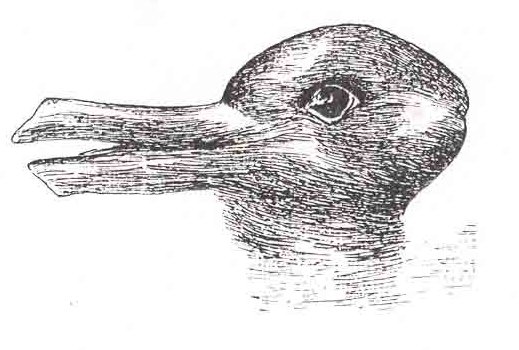
Can we stop repeating the past by perceiving reality in a new way?
Everything you perceive with your senses, you perceive through a filter that was built in your past.
Each one of us has built up neural networks and sensory thresholds that are unique to us, and our mind-brain-body uses our past to create 'predictive models' about how the world works. What people's intentions are, what things and people are appealing or repulsive to us.
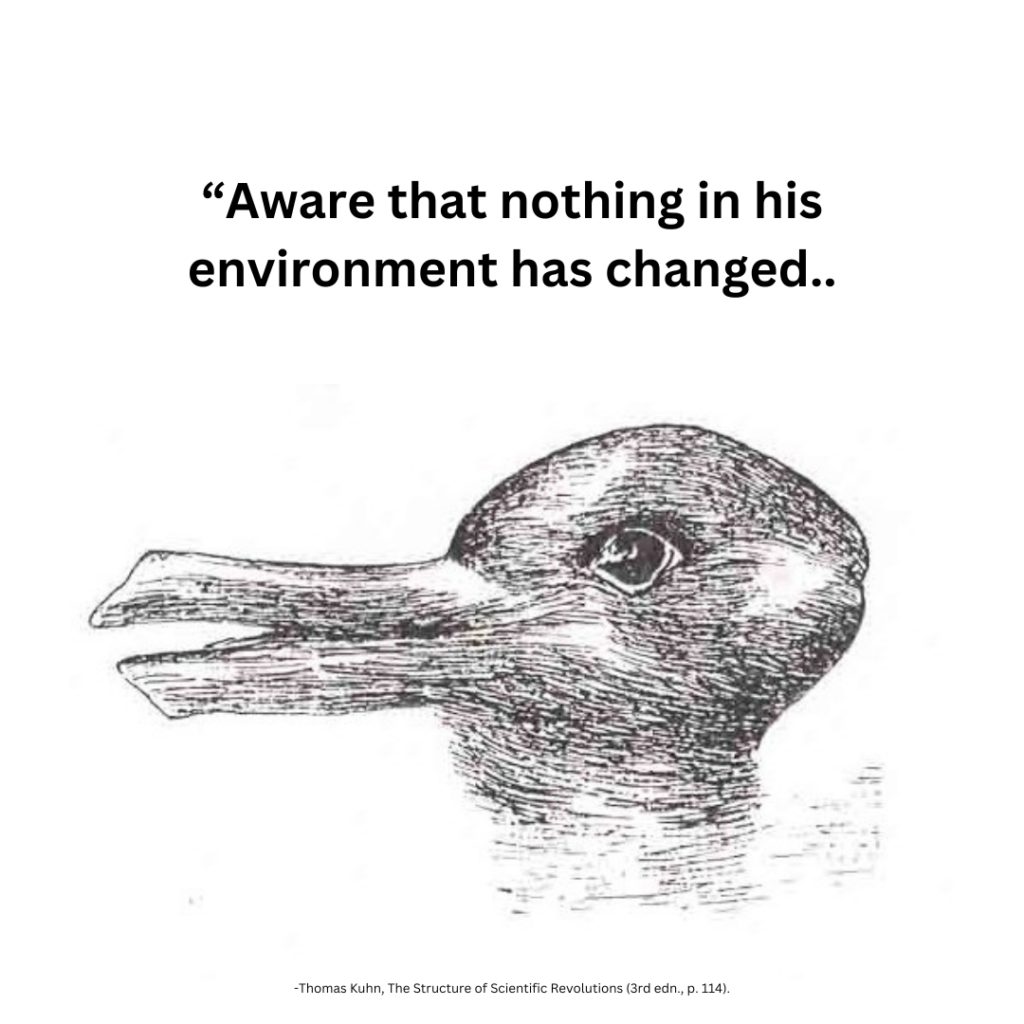
Our brain filters information in a way that 'fits' with what it predicts. This can make us become very repetitive, tied to our past and not able to see new opportunities or explanations to things.
These models are influenced by our first encounters with a very small group of people who see over and over again.
And these models are also influenced by our culture and the subcultures we are a part of.
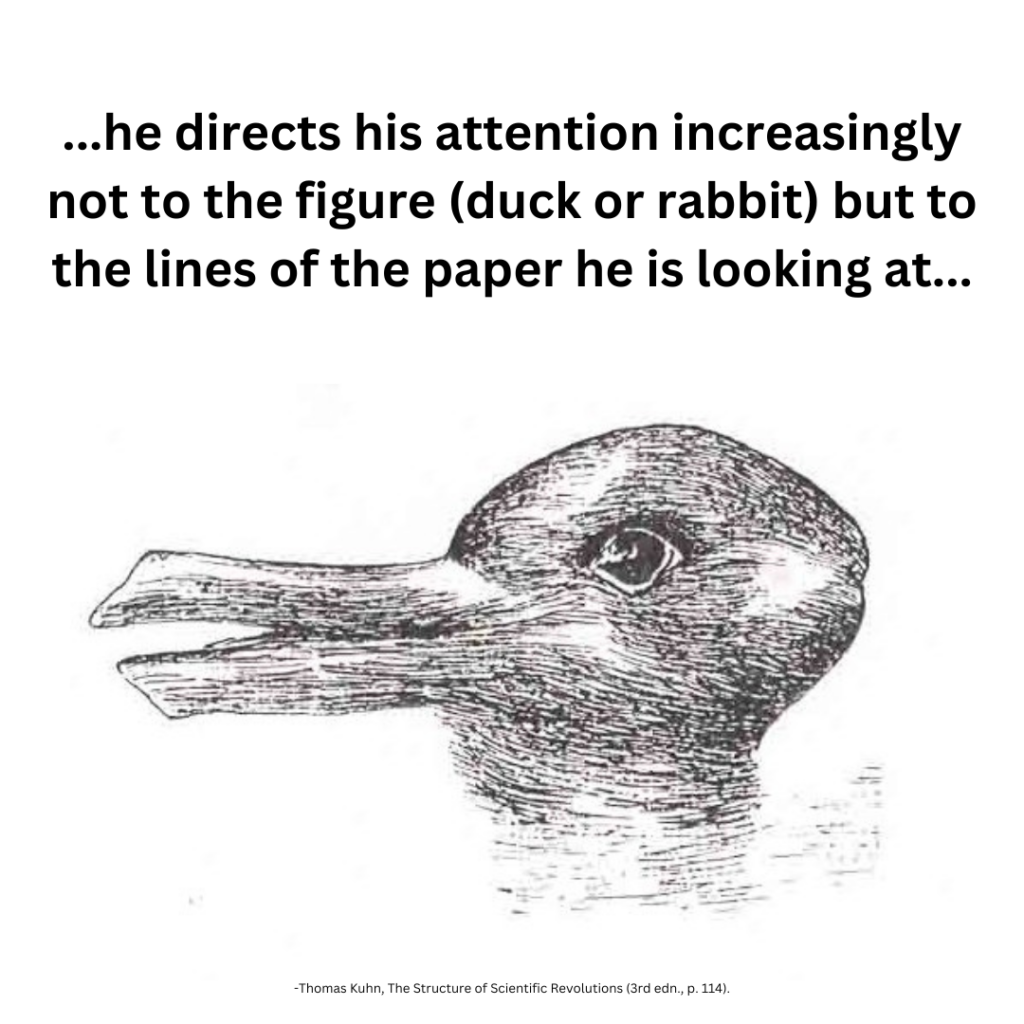
When we try to predict or understand human problems and behaviors without thinking about all of these other systems that influence us, we are distorting the 'lens' we look through. We aren't getting the bigger picture.
This 'lens' we look through is another word for 'paradigm'.
The latin roots of the word paradigm are to 'show beside'. Or 'show side by side'.
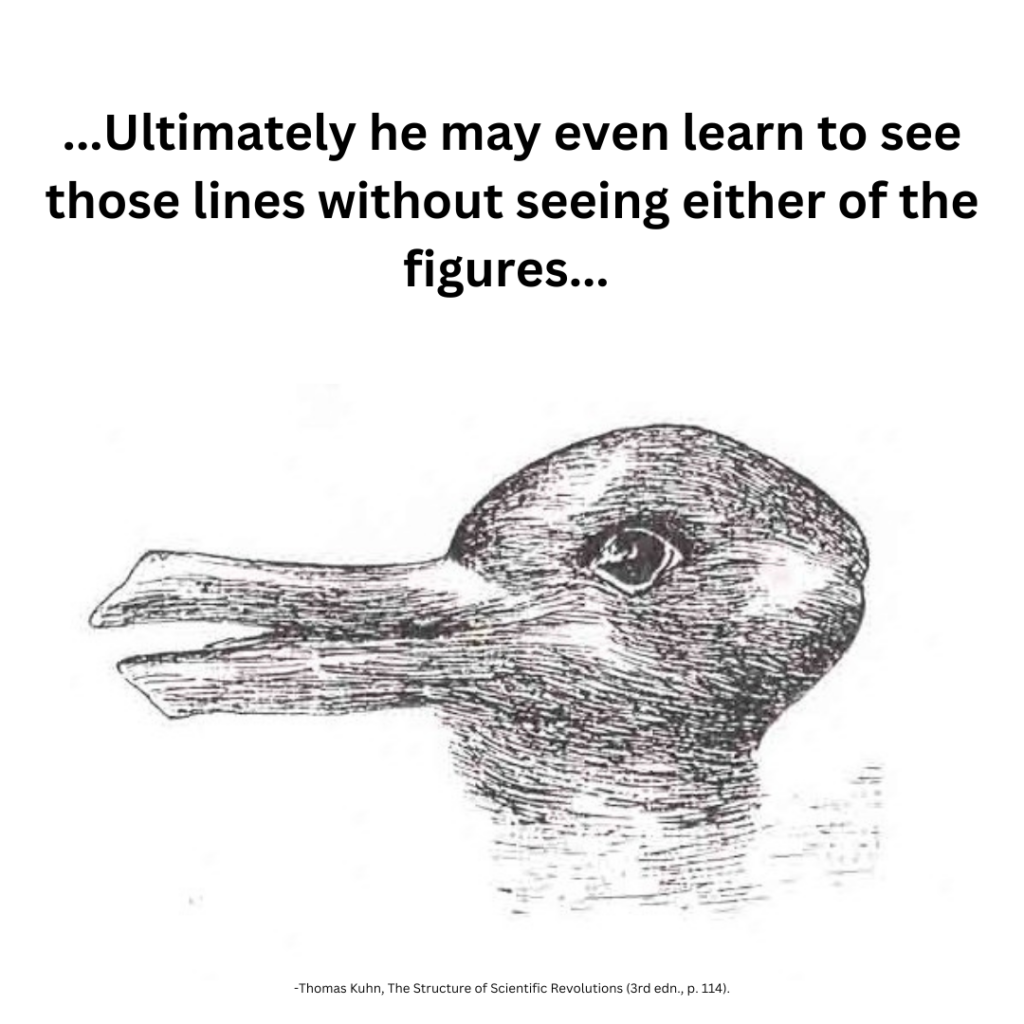
Sometimes we don't realize how much we are missing from what we perceive until we are shown a contrast or a new, or higher, wider, bigger perspective.
In my upcoming free mini-book, we are going to look more deeply into the idea of what paradigms are dominant in our world and in our lives, and how these influence our choices and interactions.
If you're already a subscriber, you'll get a link to download this pdf mini-book in the next week or so. If not, message me or subscribe at stefaniefaye.com/free-toolkit.
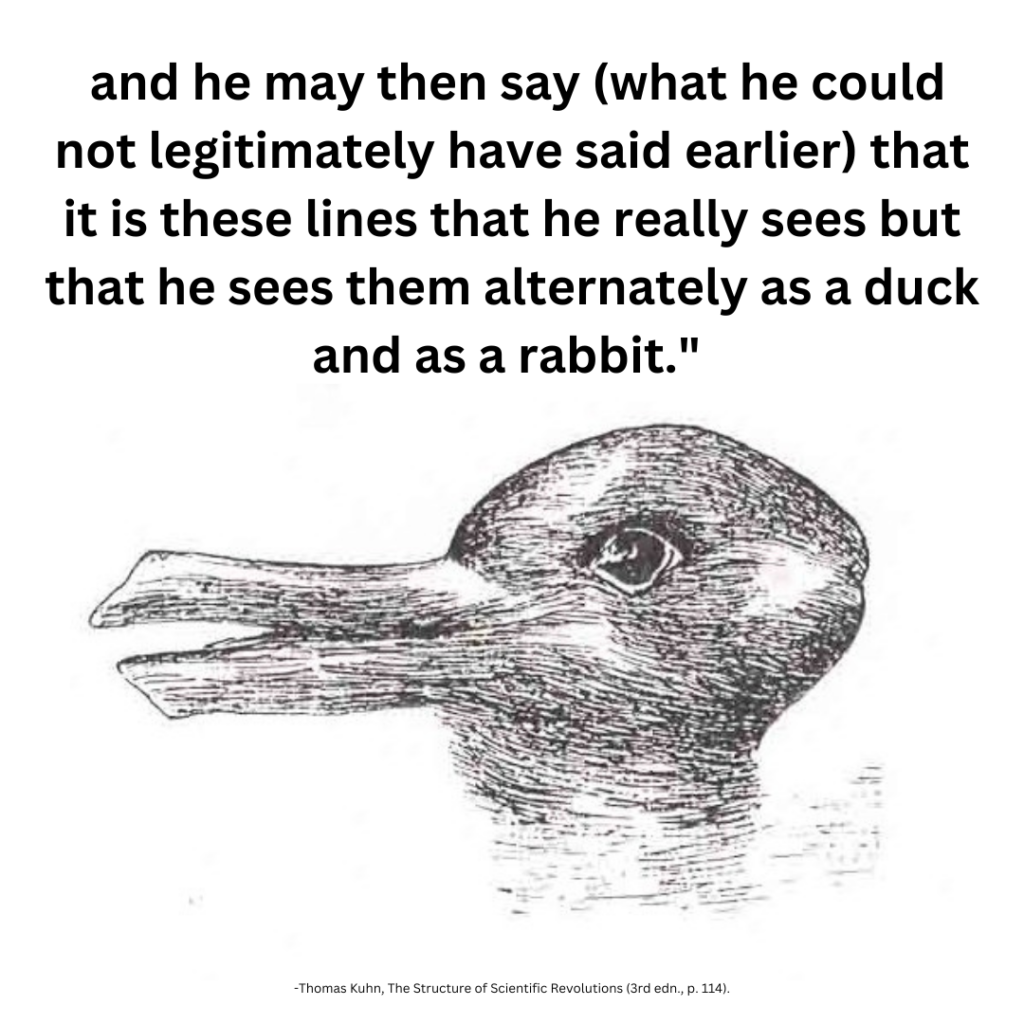
In addition, you can check out the Mindset Neuroscience podcast episode on 'Systems Thinking', which is a paradigm shift from a world view that has dominated science and much of the ways we try to make improvements to things like education or within organizations.
#paradigmshift #thomaskuhn #mindsetshift #systemsthinking #neuroscience


